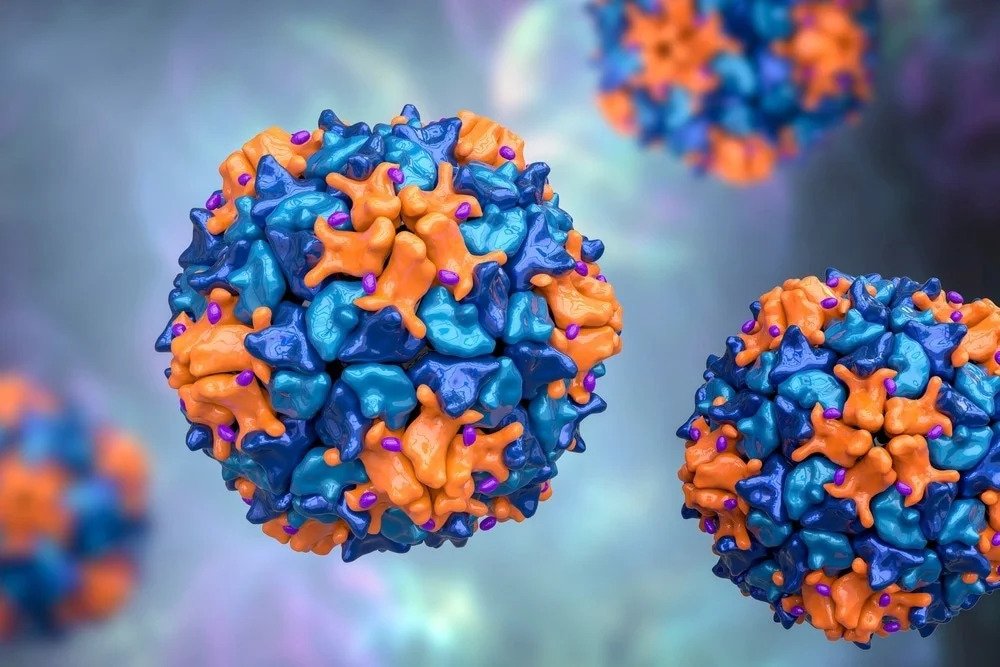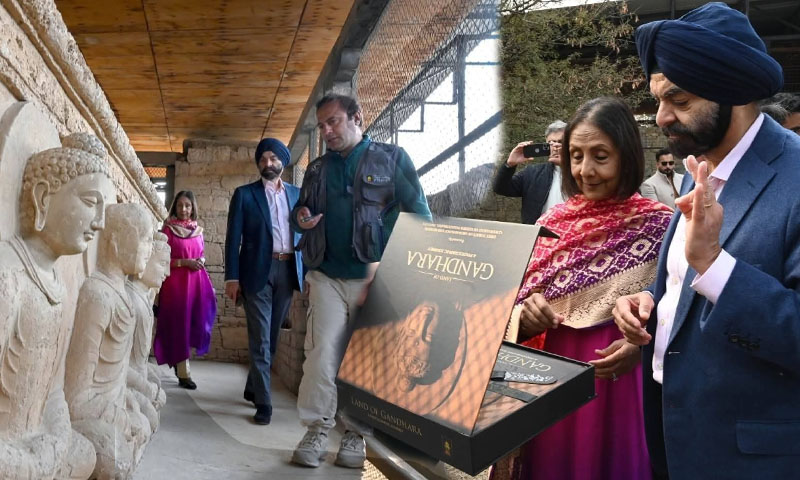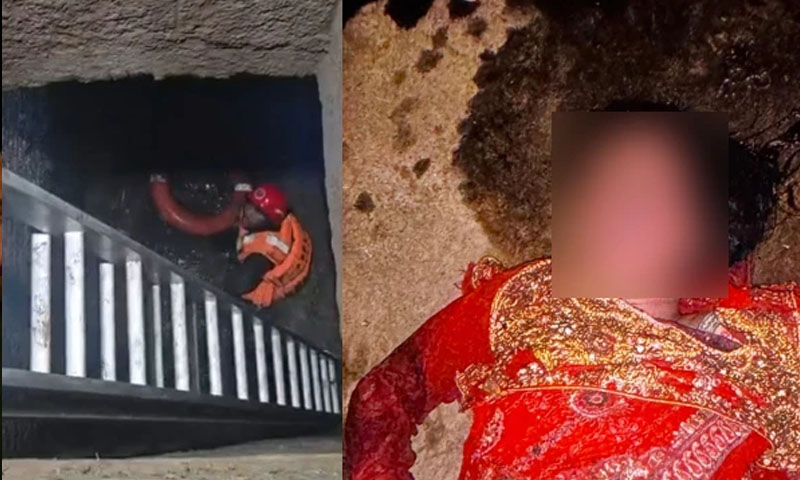- Web
- Today
Wild Poliovirus detected in sewage samples, confirms NIH
-

- Web Desk
- Aug 02, 2023

ISLAMABAD: The presence of wild poliovirus has been identified in sewage samples collected from Peshawar and Rawalpindi districts, as reported by ARY News on Wednesday, citing the National Institute of Health (NIH).
This resurgence of the poliovirus has had devastating consequences, leaving a three-year-old boy from Bannu with lifelong disabilities, highlighting the ongoing challenge faced by the government in eradicating the virus from the country.
Also Read: US “committed” to support Pakistan’s economic development
According to the Pakistan Polio Laboratory at the National Institute of Health, the virus was found in an environmental sample taken from Shaheen Muslim Town in Peshawar and another from Sarai Khola Taxila.
The child’s paralysis began on July 11, and the case was officially confirmed by the Pakistan National Polio Laboratory at the National Institute of Health in Islamabad on Tuesday, August 1.
This marks the second polio case reported in Bannu this year, raising serious concerns about the disease’s persistence in the region.
Federal Health Minister Abdul Qadir Patel expressed his deep concern over the situation, stating, “The child affected by the disease will have to live with disabilities for the rest of his life due to an entirely preventable disease, which is truly tragic.”
Earlier in July, a sewage sample collected from Peshawar tested positive for wild poliovirus. According to the Pakistan Polio Laboratory, the virus was genetically linked to poliovirus strains circulating in neighboring Afghanistan, indicating the cross-border transmission.
Despite significant progress in combatting polio, particularly after the outbreak in North Waziristan last April, Pakistan is still among the only two countries yet to achieve polio eradication. The Federal Health Minister emphasized that every affected child is one too many and stated, “Every child deserves a life free from this incurable disease.”
It is noteworthy that no child in Pakistan has been paralyzed by polio since 2021, except for the seven districts in southern Khyber Pakhtunkhwa (KP), where wild polio transmission remains endemic. These districts include North Waziristan, South Waziristan Upper, South Waziristan Lower, DI Khan, Bannu, Tank, and Lakki Marwat.
Moreover, the tribal areas of both KP and Balochistan have experienced resistance against government-led polio eradication campaigns.
In 2022, 20 children were affected by polio, with 17 cases reported in North Waziristan, two in Lakki Marwat, and one in South Waziristan. The situation calls for sustained efforts to combat the disease and protect children from its debilitating effects.




